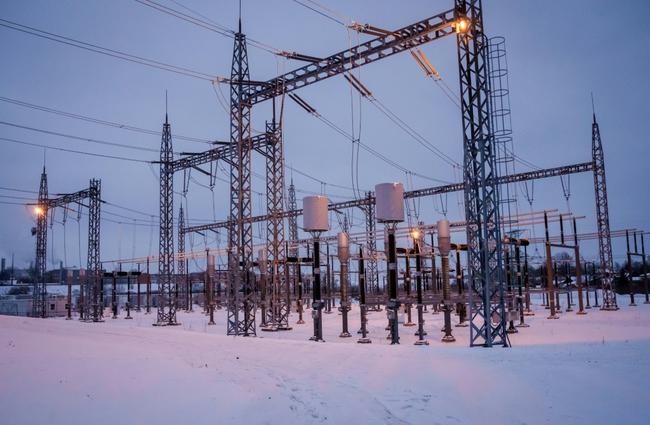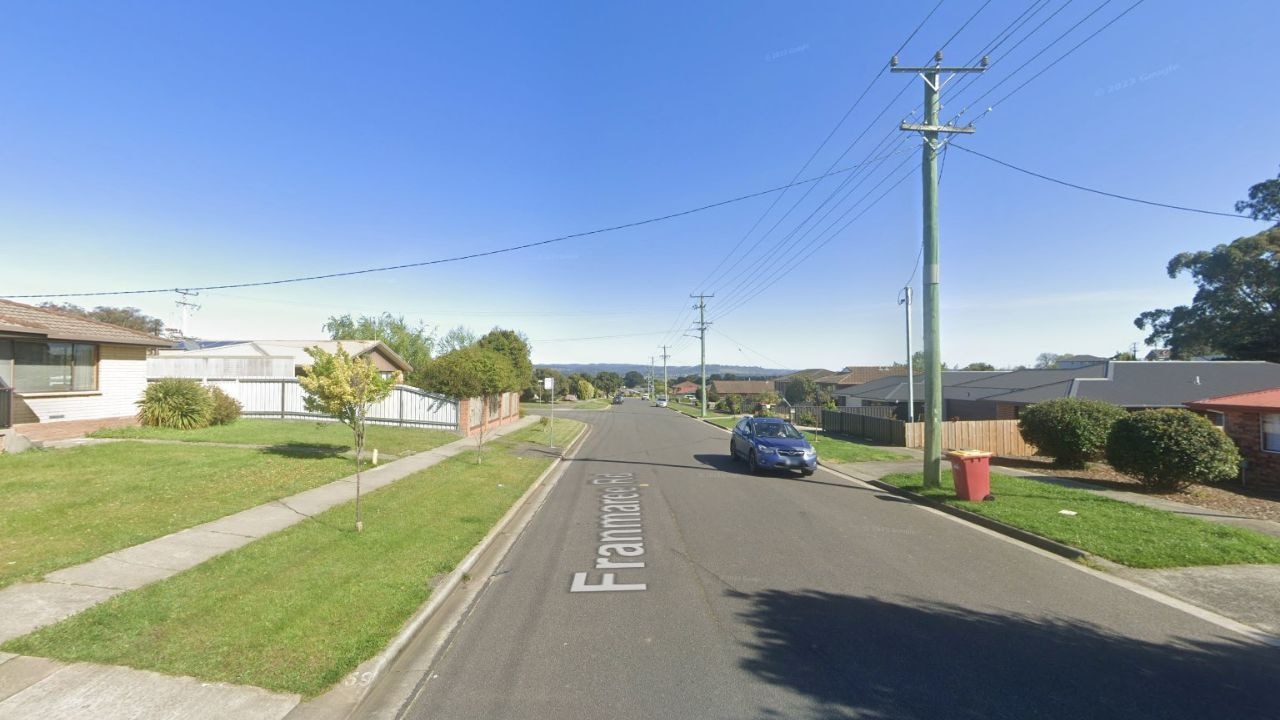Baltic nations 'successfully' link with European power grid
Baltic nations 'successfully' link with European power grid

Breaking News
Don't miss out on the headlines from Breaking News. Followed categories will be added to My News.
Three Baltic states connected to the European power grid Sunday after severing Soviet-era links with Russia's network, a shift EU chief Ursula von der Leyen hailed as "freedom from threats and blackmail".
Estonia, Latvia and Lithuania -- former Soviet states that are now EU and NATO members -- had been planning the switch for years, but Russia's 2022 invasion of Ukraine accelerated the process.
The small Baltic countries, staunch supporters of Ukraine, fear that they too could be targeted and had worried that Russia might weaponise the electricity grid against them.
"Moments ago, I received great news," Lithuanian President Gitanas Nauseda said in Vilnius, alongside his Estonian, Latvian and Polish counterparts and von der Leyen.
"The synchronisation of the Baltic states' electricity system with the continental European system has been successfully completed... We have achieved full energy independence," he said.
Nauseda posted a video to X of the moment he received confirmation of the grid connection. "Goodbye Russia, goodbye Lenin," he said on the phone, before von der Leyen and others applauded.
"Today history is made," Von der Leyen told reporters.
"Electricity lines with Russia and Belarus are being dismantled. These chains of power lines linking you to hostile neighbours will be a thing of the past," she said.
"This is freedom, freedom from threats, freedom from blackmail."
Later Saturday, the leaders each received a piece of dismantled cable at a celebratory event in Vilnius where they symbolically activated the grid connection to dramatic sound and lighting.
- 'Emancipation' -
A total of 1.6 billion euros ($1.7 billion) -- mostly EU funds -- has been invested in the synchronisation project across the Baltic states and Poland.
The Baltics integrated into the European grid via Poland.
Polish President Andrzej Duda called the synchronisation "a milestone development... for the entire European Union".
"It is the final step towards emancipation from the post-Soviet sphere of dependence," he added.
Nauseda called for "substantial action at the European Union level" to improve the resilience of the Baltic states' critical infrastructure.
"Now is the time to secure our achievements. Russia's war against Ukraine has radically transformed the perception of the threats to the critical infrastructure in Europe," he said.
"Recent incidents involving undersea infrastructure in the Baltic Sea provide a matter of great concern. And a call for resolute action."
Several undersea telecom and power cables have been severed in the Baltic Sea in recent months.
Some experts and politicians have accused Russia of waging a "hybrid war", including the unconventional targeting of energy supplies, an allegation Moscow denies.
The Baltics had long planned to integrate with the European grid but faced technological and financial issues. Russia's invasion of Ukraine gave the project fresh urgency.
They stopped purchasing Russian gas and electricity after the invasion but their power grids remained connected to Russia and Belarus, and so controlled from Moscow.
This left their factories and facilities dependent on Moscow for a stable electricity flow.
- 'No surprises' -
The Baltic states disconnected from the Russian grid on Saturday morning.
They then operated as a so-called "energy island" while running tests to assure Europe their system was stable.
The Baltic grid operators said all tests had gone as planned.
Ukrainian Energy Minister German Galushchenko also welcomed the disconnection.
"Such steps deprive the aggressor of the opportunity to use the electricity sector for blackmail and political games," he said Saturday.
On Sunday, the authorities in Ukraine announced power cuts for industry and business the following day because of damage to the power infrastructure wrought by Russian drone and missile attacks.
There had been concerns among the Baltic states possible sabotage or other disruptions linked to the grid switch, but it went off without a hitch.
The Baltic grid operators said Russia had cooperated during the process.
Latvian operator AST told AFP the biggest surprise Saturday was "that there were no surprises".
bur-amj/jj
Originally published as Baltic nations 'successfully' link with European power grid


